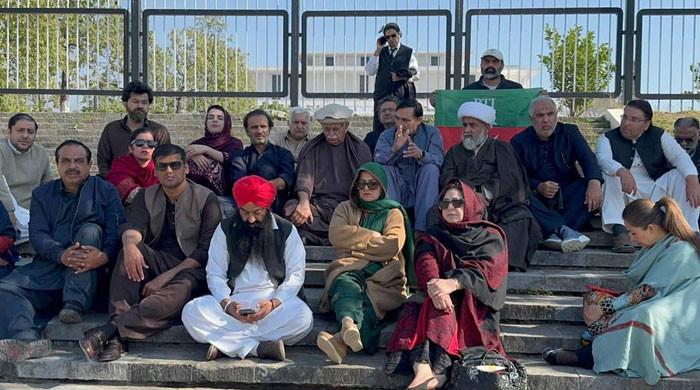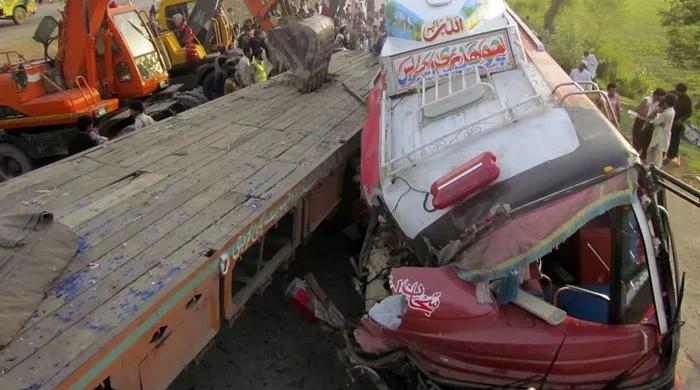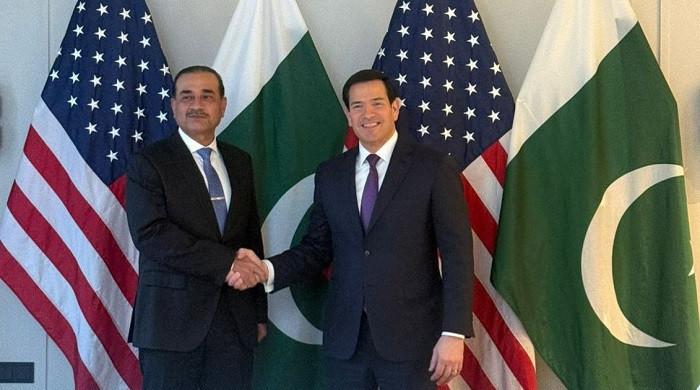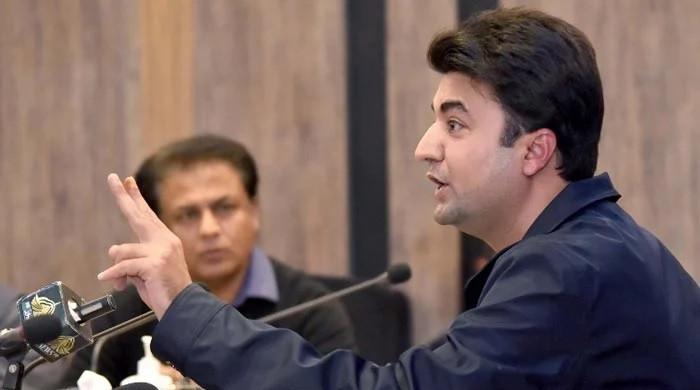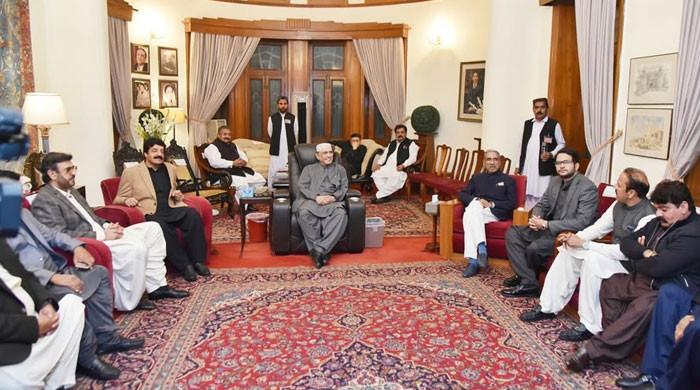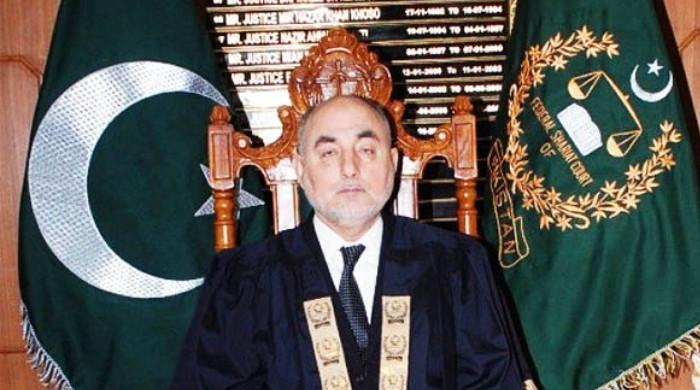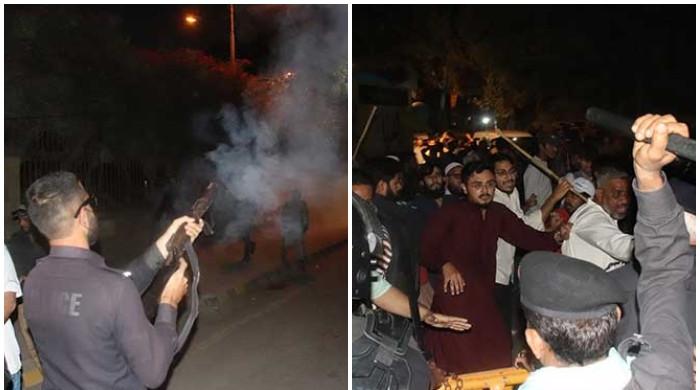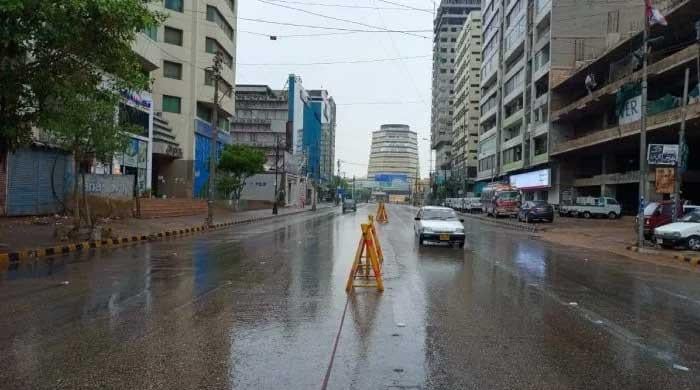General Raheel Sharif’s journey to success
General Raheel Sharif chose to retire at the peak of his populairty
November 22, 2016
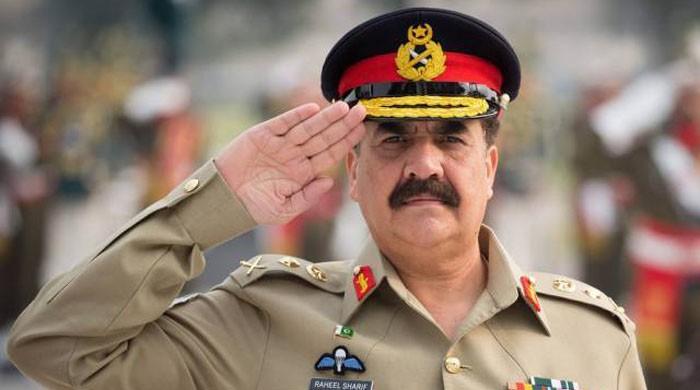
Army Chief General Raheel Sharif was true to his words. He had promised the nation some nine months back that he would not seek extension and would retire on time.
The ISPR on Monday dispelled all speculations, controversies with announcement of the General's farewell.
The Army Chief has set some good precedence for his successor and lessons for his predecessors, some of whom had political ambitions which certainly hurt the institution. Smooth transition in any institution including the army is important. Similarly smooth transfer of power in democracy helps in institution building.
This is the first time since former Army Chief General Pervez Musharraf staged a coup on October 12, 1999, that the army chief is retiring as per schedule and his successor would assume the charge from November 29th.
After Musharraf's nine years and his successor General Ashfaq Pervez Kayani's six years, General Raheel Sharif despite being more popular than the other two, created history by announcing his retirement in January this year.
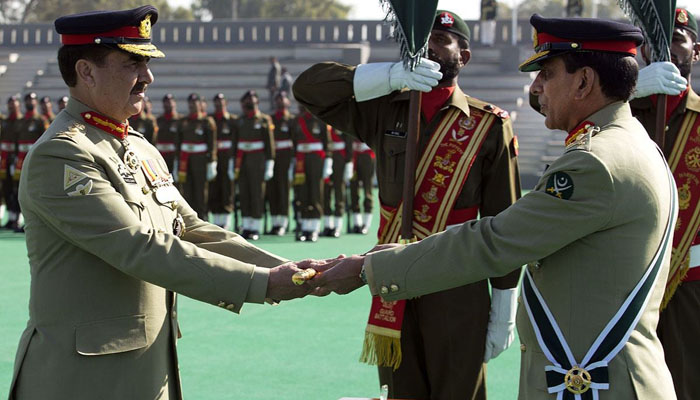
He is undoubtedly Pakistan's most popular Army chief, and in his three-year tenure got so much popularity that people started speculating and some even demanding his extension including some retired generals.
Looking back at General Raheel's tenure as an army chief and some of the difficulties he faced, he surprised many of his old colleagues by keeping his cool and temperament.
His appointment as army chief came at time when PML-N government was formed with Nawaz Sharif becoming prime minister for the third time in 2013, amid controversy over alleged rigging in the elections.
Former army chief, General Ashfaq Parvez Kayani had completed his full term of extension and had recommended General Raheel Sharif's name along with three others to the Prime Minister.
There was not much debate in the media over the new chief, when General Raheel's name was announced. For the outsider he was just like any other general. When I inquired some of his old colleagues about him, they termed him as a 'thorough professional,' with no political ambition.
Army under General Kayani had conducted some successful operations in Swat, Malakand and South Waziristan and dismantlement of many terrorist hideouts and sanctuaries particularly from Swat.
Another success of Kayani and the then political leadership led by PPP government at the center and ANP government in Khyber Pakhtunkhwa, was the smooth return of thousands of IDPs.
Thus, the first challenge for General Raheel Sharif was to clear the most difficult terrain of North Waziristan, which around the world had the reputation of being a breeding ground for terrorists. From Haqqani network to al-Qaeda and Taliban, it had sanctuaries, sleeper cells for thousands of local and foreign militants.
Ground operations is always difficult in such areas and thus the army high command led by General Raheel announced operation, 'Zarb-e-Azb,' and in his last year, the General also assured that by the end of 2016, the operation would be completed.
When the ground and air operation were underway, some voices of concern started coming from the political and religious leadership including Imran Khan, Siraj-ul-Haq and Maulana Fazlur Rehman.
In order to calm down political reaction the government took the initiative of holding talks with outlawed Tehreek-e-Taliban Pakistan (TTP) amid criticism from a cross-section of the society.
As expected the talks failed and even the political and religious leadership gave full backing to the army operation. Not many people know but it is also a fact that it was General Raheel, who reportedly sent Prime Minister Nawaz Sharif to Banigala to take Imran into confidence and asked him to remain neutral even if he doesn't want to support the operation. This to me was confirmed by a highly informed source. After Army Public School massacre, Imran came all out in the support of the operation.
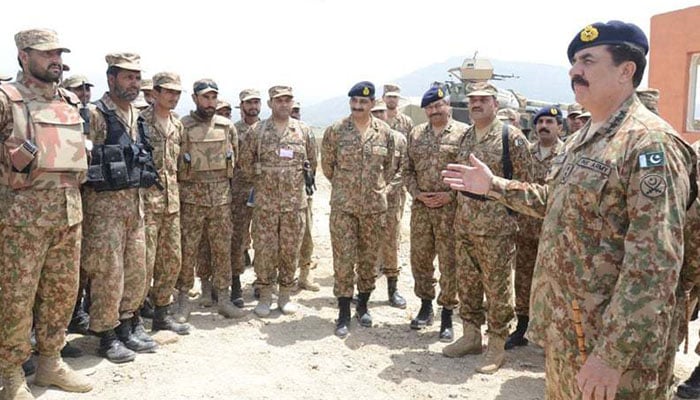
General Raheel, during his tenure also faced a difficult situation in his first year, when the issue of trial of General Pervez Musharraf, and that too under Article VI, came; and which for the first time became a bone of contention between civil and military leadership. Sources said, Mian Sahib was advised by some of his close aides to drop the idea.
Even before General Raheel become the chief, Musharraf was also advised by the top high command of the army not to come to Pakistan, as situation was not conducive for him nor he would be allowed to contest the elections. It was also informed by the intelligence that since Nawaz Sharif and PML-N had a bright chance of winning the polls, he would not spare Musharraf. But, the former chief ignored the advice.
Finally, it took few months before Musharraf was allowed to leave the country, by removing his name from the Exit Control List (ECL). This is one issue in which army faced a difficult situation.
Another instance which would always be remembered as General Raheel's test of nerves was keeping himself and the army out of political controversy during the 2014 sit-in, when thousands of supporters of Imran Khan and Dr Tahirul Qadri entered Islamabad and demanded Prime Minister Nawaz Sharif's resignation.
At one stage the situation turned so bad that the Prime Minister himself asked General Raheel to play his role in resolving the issue. He then invited both Imran and Dr Qadri, and held meetings with them separately.
Sources said General Raheel did not support the demand of PM's resignation before the completion of Judicial Commission's finding but had promised to become a guarantor, if JC report came against PM.
The crisis was averted both because of the General's role and also the position taken by the Parliament.
General Raheel’s landmark decision in the Karachi Operation generated controversy in 2014—first when MQM complained that the army had turned against them, and second when some of Asif Ali Zardari’s aides including Dr Asim Hussain were arrested and a speech by the Karachi Corps Commander became controversial.
This led to an outburst from Asif Zardari, and one of his speeches forced him to leave the country and his recent announcement that he would return in December, also confirmed earlier speculations that he would only return after General Raheel's retirement.
Last but not the least a news leak created serious discomfort between civil and military leadership, but General Raheel only asked for a thorough investigation and as a result a high level committee is now holding a probe.
Thus, General Raheel would go into history as one of the most successful army chiefs, who is going to retire at the peak of his popularity but never used this image for his personal goal.
I personally don't believe that any retired army chief, Chief Justice of Pakistan or President of Pakistan should hold any other office after getting retirement from such prestigious positions.
Yes, they all must write their memoirs for the future generation. General Raheel has lot to write about Zarb-e-Azb, National Action Plan and his relationship with political leadership during his three-year tenure.
—The writer is a senior analyst and columnist of GEO, The News and Jang. He tweets @MazharAbbasGEO




